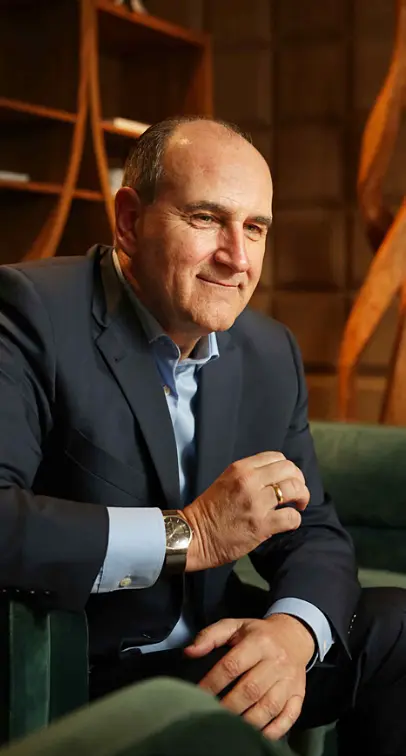THE WORLD’S #1 EXECUTIVE COACHING AND BUSINESS COACHING BLOG SINCE 2017.
6 Thinking Patterns to Embrace for Better Leadership
December 14, 2015 | Category: Blog, Intelligent Leadership, Leadership Maturity
The typical person acts as both leader and follower depending on context, and just about anyone in any walk of life can develop the leadership skills that are necessary to navigate professional and personal life better. Some people appear to have more inborn leadership qualities than others, but the greatest leaders are those who actively work on improving leadership skills until they become ingrained and automatic. These skills might include things like decisiveness under pressure, or knowing when to listen to intuition.

Thinking patterns of leaders can be beneficial in both professional and personal life.
Developing leadership potential to its maximum requires mastering various types of thinking. However technical or specialized your area of expertise, leadership is not always reducible to prescribed steps or calculations. Here are 6 thinking patterns that the committed leader should embrace to maximize his or her effectiveness.
1. Strong Critical Thinking
Some of effective leadership is sheer brain power. Critical thinking involves objectively assessing a situation quickly by collecting information from multiple sources and then evaluating the situation from multiple viewpoints. Excellent critical thinking also involves thinking a scenario through and understanding what the possible implications may be for a particular course of action. It rests on solid education and on continuing to learn throughout life.
2. Practical Thinking
Practical thinking is taking ideas and information and organizing them so that plans are actually accomplished. While a leader may not take on the execution of all the “nuts and bolts” processes that go into project execution, he or she understands that great ideas only deliver when they’re anchored with plans that put them into action, and knows how to accomplish that. A great leader is able to translate concepts into real world applications, often in innovative ways.
3. Inspirational Thinking
The best leaders are the ones who inspire “self-leadership” within team members. This involves a certain level of trust in team members’ abilities and motivations, but it’s far more effective than simply issuing orders and expecting them to be carried out. When a leader is able to bring out the wealth of talent team members bring to the table, results can reach levels not yet achieved. And when a leader avoids micro-managing the team, morale is stronger too.
4. Integrative Thinking

Effective leaders can see connections and patterns that may elude others.
Integrative thinking is an imaginative thinking process that allows a person to see patterns or connections among abstract ideas and then put them all together to create a coherent picture of a situation or challenge. This can be challenging to leaders from technical backgrounds, but it’s a thinking pattern that sets exceptional leaders apart from the merely adequate. Integrative thinking is fed by continual learning across a broad range of subjects and concepts.
5. Imaginative Thinking
Imaginative thinking, like integrative thinking, is also creative, but it’s even more “primitive” in the sense that it involves the creation of new ideas from scratch, and being able to adjust a viewpoint in order to see possibilities and opportunities that a less competent leader might miss out on altogether. The nuts and bolts are important, but so are original ideas. Great technical competence is one thing, but when paired with creativity it can go infinitely further.
6. Intuitive Thinking
Finally, the outstanding leader knows when it’s time to trust gut instinct. For intuitive thinking to lead to success, it must be grounded by solid knowledge. Billionaire investor Warren Buffett has been known to zig when everyone else zags, but when he does it’s not solely based on intuition, but on intuition informed by hard facts, history, and data. Knowing when to make a decision that others would avoid is a high art form, but when it works, the results can be miraculous.
Much of leadership takes place in the mind and heart of the leader. Sure, he or she has the technical mastery necessary to get things done, but other thought patterns are essential for maximizing leadership effectiveness. What this means is that the exceptional leader is never done with learning, and continues to challenge him- or herself to look at things from different angles and occasionally go in an unexpected direction.


